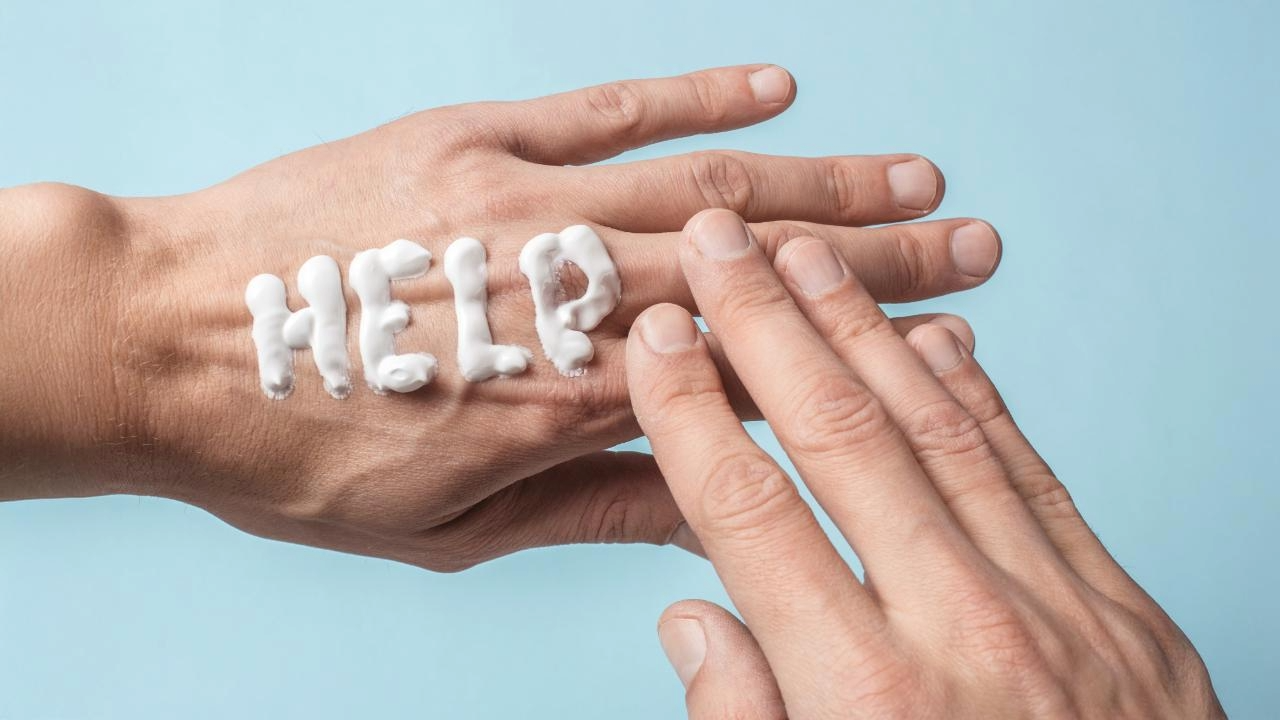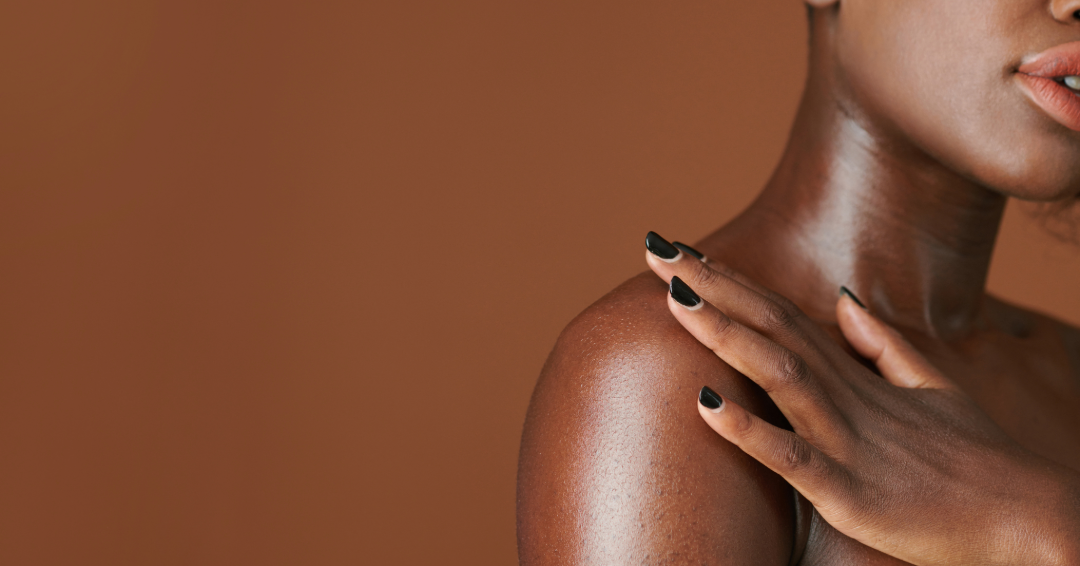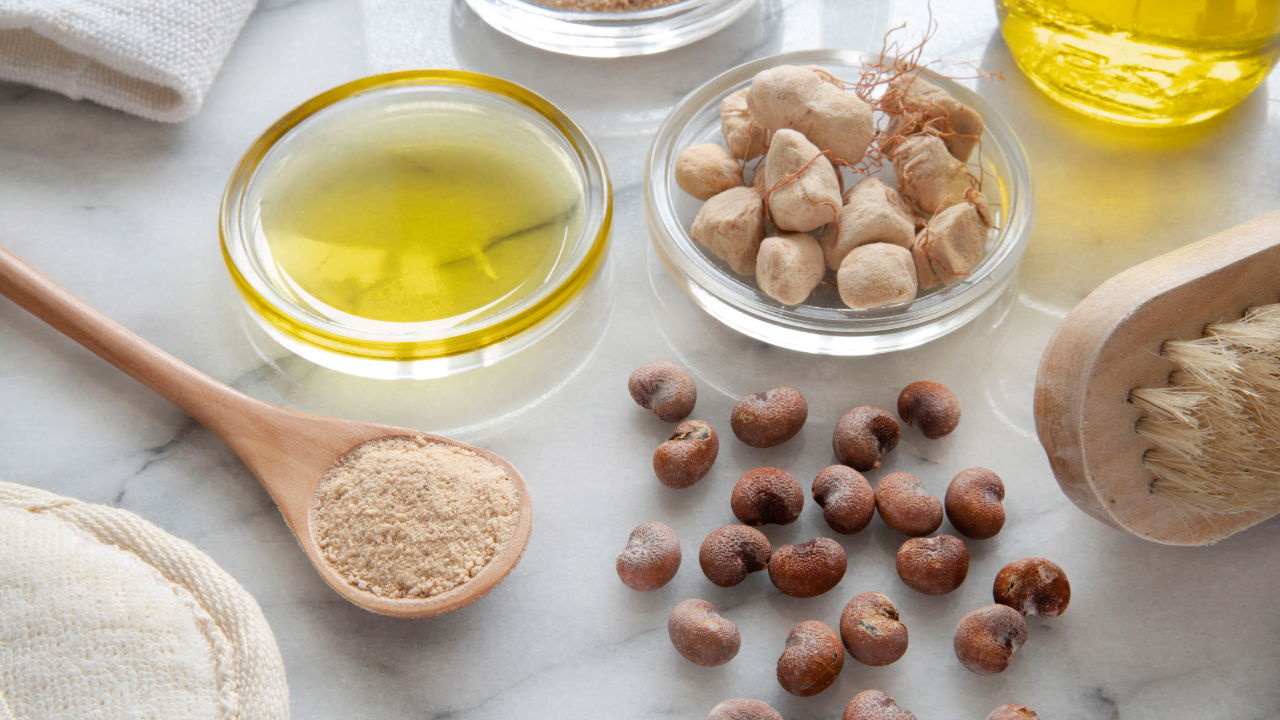Walking after meals, affectionately dubbed "fart walks," has gained attention for its surprising health benefits. Strolling lightly after eating is not just a quirky phrase; it plays a pivotal role in enhancing digestion and maintaining healthy blood sugar levels.
Introduction
Ever found yourself feeling a bit sluggish after a hearty meal? Enter the concept of post-meal walks. After eating, a gentle stroll can be a game-changer—not just for your spirits but also for your body. These light walks, whimsically dubbed "fart walks," have roots in cultural practices around the world, where the casual act of walking after meals is celebrated for its benefits.
So, what's the deal with these fart walks? In simple terms, they're a way to help your digestive system do its thing, easing the process of breaking down your food. Plus, they play a key role in stabilizing blood sugar levels, which is especially important in today's fast-paced world filled with indulgent meals. By reconnecting our bodies with the age-old practice of walking, we not only honor our ancestors but also tap into a simple, effective method of enhancing our overall health. So, lace up those shoes and let's dive deeper into why taking a stroll post-meal is way more than just a quirky name!

The Science Behind Post-Meal Walks
When you finish a meal, your body gets to work digesting the food you've just eaten. But did you know that taking a leisurely stroll can give this process a helpful kick? Here's how it works.
First off, movement stirs up your digestive system pretty effectively. Walking can stimulate gastric motility, which is the technical term for how food moves through your digestive tract. Think of it as a gentle nudge for your stomach and intestines to get things rolling. Plus, gravity plays a role here too. By standing and walking, you're helping food navigate that winding road down into your belly.
But that’s just part of the picture. Walking after meals doesn’t just help your stomach; it also has benefits for your blood sugar. Light exercise, like taking a stroll, can improve your body's insulin sensitivity. This means your body is better at using the insulin it produces, which keeps blood sugar levels in check. Research supports this; studies have shown that a short walk after eating can significantly reduce the peaks in blood sugar that usually follow a meal. So that 10-15 minute saunter can be a real game changer for your glucose control.
In summary, engaging in a simple walk doesn’t just feel great; it plays a significant role in how your body handles digestion and blood sugar levels. By moving your feet, you’re not just taking a break from your table—you're also making a smart move for your health.
Benefits of Fart Walks
Walking after meals, or as we affectionately call it, fart walks, comes with some pretty remarkable perks. Let’s dive into a few of the standouts.
Enhanced Digestive Health
First up, let’s talk digestion. A nice, easy walk can do wonders for preventing that bloated, gassy feeling that sometimes sneaks up after a hearty meal. When you stroll, your body gets a gentle nudge that stimulates gastric motility—basically, it helps your food move along in the digestive track. Plus, the gravity factor works in your favor, helping everything stay on track. If acid reflux is a common companion post-meal, a little walk can make a big difference. It doesn’t have to be a marathon; just a quick jaunt can alleviate discomfort and lead to a happier tummy.
Blood Sugar Control
Next on the list is blood sugar control. After we eat, our blood sugar levels can spike, but a brisk walk helps keep those spikes in check. Studies show that even a 15-minute stroll can lower post-meal blood sugar levels and promote insulin sensitivity. When our bodies are more responsive to insulin, it makes managing glucose levels a whole lot easier. A quick read on CNN highlights just how effective these walks can be. More stable blood sugar not only supports better overall health but can also improve energy levels and mood throughout the day.
Mental Well-being
And let’s not forget about mental well-being. When you get moving, your body releases endorphins—those lovely chemicals that make you feel good. A post-meal walk is a great way to clear your head, reduce stress, and boost your mood. Life can get hectic, and sometimes you just need a moment to breathe and reconnect with your surroundings. Plus, walking gives you a chance to digest not just your food but also your thoughts.
So, whether you're aiming for better digestion, sharper blood sugar control, or a little mental clarity, incorporating fart walks into your day can lead to surprising benefits. It's a simple habit that pays off big in the long run!
When and How to Incorporate Fart Walks
Timing
The timing of your post-meal stroll is key. Ideally, aim for a trip around the block 15 to 30 minutes after eating. This is when your body starts processing that delicious meal, and a little walk can give digestion a boost. Of course, everyone is different. Some might find that waiting a bit longer feels better, especially after a particularly heavy dinner. Listen to your body; adjust the timing to what feels right for you.
Walk Duration and Intensity
You don’t need to gear up for a marathon after lunch. In fact, shorter walks are more beneficial. Aim for about 10 to 20 minutes of walking at a relaxed pace. Think leisurely – not power walking. This way, you keep it enjoyable and stress-free. You want to feel good, not out of breath, right? Just a simple stroll will do the trick, encouraging digestion without putting too much strain on your body. So grab a friend, family member, or just take the dog, and enjoy your fart walk—it’s a win-win for both your gut and your mood.
Complementing Fart Walks with Dietary Choices
While fart walks are a fantastic way to enhance digestion and stabilize blood sugar levels, pairing them with smart food choices can amplify their benefits. A well-rounded diet can make your post-meal strolls even more effective, ensuring you get the most out of each step.
The Role of Diet in Digestion and Blood Sugar Control
Your body's digestive process and blood sugar regulation are closely tied to what you eat. Consuming whole, nutrient-dense foods helps create an ideal environment for digestion, and working these into your meals can lead to smoother strolls afterward. Think about incorporating fiber-rich foods like vegetables, whole grains, and legumes. They not only keep you feeling full but also support a healthy gut and steady blood sugar levels.
Introducing Baobab Powder
A standout addition to your diet is Baobab Powder. This superfood, derived from the fruit of the Baobab tree, is loaded with vitamin C, antioxidants, and soluble fiber. These nutrients can contribute significantly to digestive health and blood sugar control.
- Digestive Benefits: The fiber in Baobab Powder plays a crucial role in promoting a healthy digestive system. It can help maintain bowel regularity, reduce bloating, and ease discomfort, making your post-meal walks more enjoyable.
- Blood Sugar Support: Baobab Powder has a low glycemic index, which means it won't cause rapid spikes in blood sugar. Instead, it promotes more stable levels, especially when consumed with your meals. Research suggests that such foods can enhance insulin sensitivity, further optimizing the benefits of your fart walks.
To learn more about incorporating Baobab Powder into your meals, check out the Baobab Powder Organic. Adding a scoop to your smoothies or oatmeal can result in a delicious, nutrient-packed boost that works hand-in-hand with your post-meal strolls.

Summary
Fart walks are a wonderful way to boost digestion and manage blood sugar, but when combined with a smart diet, their effectiveness can skyrocket. Embrace the power of Baobab Powder, and let it enhance your meals, followed by a nice walk. Your body will thank you!
Real-Life Examples and Testimonials
You might be wondering, "Does walking really make a difference?" Well, let’s hear from some real people who’ve turned their daily meals into a stroll-worthy affair.
Take Pat, a retired school teacher. After breakfast, Pat noticed bloating and sluggishness creeping in. Once she started taking her "fart walks," those issues began to fade. “It’s like a reset button for my body,” she enthuses. “Just a little walk, and I feel lighter and more energized for the day.”
Then there’s Jake, an avid runner who initially brushed off leisurely walks as too easy. His perspective shifted after a health scare led him to focus on blood sugar management. “I started doing a 20-minute walk post-lunch,” Jake shares. “I was surprised how it steadied my levels. Plus, I got to take a break from my screen time—it’s a win-win!”
Fitness expert, Dr. Emily Chen, also chimes in on the trend. “Walking after a meal is some of the simplest advice I give my clients. It encourages digestion, promotes insulin sensitivity, and it can be a great way to wind down after a hectic day,” she explains. “And who doesn’t love an excuse to step outside?”
Community feedback backs these stories, too. In local wellness groups, folks are sharing their successes with fart walks, celebrating everything from improved moods to better digestion. One group even challenges each other to fit in a walk after every dinner. Learning from peers seems to amplify the motivation—and the joys—of these little strolls.
In short, "fart walks" aren’t just a cute name; they’re transforming lives, one step at a time. If you haven't tried it yet, maybe it’s time to lace up those shoes and join the movement.
Common Myths and Misunderstandings
When it comes to post-meal walks, several myths can cloud the truth, making people hesitant to step outside after dinner. Below are some common misconceptions about post-meal walks.
Myth 1: Walking Immediately After Eating is Bad for You
Many people believe that walking right after eating can cause cramps or disrupt digestion.
- The truth: A light stroll can actually help your body break down food more efficiently.
- Benefits: Walking stimulates your digestive system, encouraging everything to move along smoothly. Imagine your belly working like a well-oiled machine after a short amble!
Myth 2: You Need to Walk Briskly for It to be Effective
Another misconception is that your post-meal stroll must be brisk to be beneficial.
- Reality Check: It’s not about the speed of your walk.
- Ideal Pace: A leisurely pace is perfect. Think gentle, not grueling!
- Purpose: The goal is to enjoy your surroundings and allow your body to ease into digestion. Strenuous activity right after a meal can lead to discomfort, so keep it light.
Myth 3: Heavy Meals Mean You Should Skip the Walk
Some people assume that if they've eaten a heavy meal, they should avoid walking altogether.
- Incorrect Assumption: This couldn't be further from the truth!
- What to Do: Regardless of how heavy your meal was, a short, casual walk can actually improve digestion and help stabilize blood sugar.
- Listen to Your Body: It's all about tuning into how you feel.
Conclusion
So, as you step out for that post-meal stroll, keep these truths in mind. Let your feet do the work while your body enjoys the benefits of that delightful "fart walk." Enjoy!
Summary of Post-Meal Exercise Benefits
Fart walks might sound funny, but the benefits are no joke. After munching on a meal, taking a light stroll does wonders for your body. First up, your digestive system kicks into gear. Moving around helps stimulate gastric motility, which is just a fancy way of saying it encourages your stomach to work more efficiently. When you give gravity a helping hand, food moves through your system a bit faster, reducing the chances of that uncomfortable bloated feeling.
And let's talk blood sugar. A quick walk can help keep those spikes in check. Research shows that short bouts of activity right after eating increase insulin sensitivity, meaning your body can better process glucose. That’s good news for anyone looking to manage their blood sugar levels or prevent diabetes.
But it’s not just about physical health. Fart walks come with mental perks too. Light walking can clear your mind and boost your mood. It’s a perfect excuse to step outside, breathe in some fresh air, and possibly even shake off some stress.
So, when you tie it all together, fart walks pack a powerful punch: they enhance digestion, keep blood sugar stable, and elevate your mood. Incorporating these casual strolls into your routine could be one of the simplest lifestyle changes you make, with lasting benefits for the long haul. Why not give it a go? Your gut (and mind) will thank you.
Conclusion
So, there you have it: fart walks are more than just a funny term. They’re a simple, enjoyable way to boost your digestive health and keep your blood sugar levels in check. Think of those light strolls after a meal as a chance to breathe, relax, and let your body do its thing.
Whether it’s a quick lap around the block or a slow meander through the park, these walks can be a refreshing addition to your day. So why not make fart walks a daily habit? You’ll not only feel better physically but might even find your mood getting a lift.
For more insight and fun facts, check out Right as Rain. Now, lace up those shoes, step outside, and enjoy the perks of fart walking. Your body will thank you!
Additional Resources
If you're curious to dive deeper into the science of health and how post-meal walking can transform your routine, there are plenty of resources out there.
For those who want to get even more educated, check out literature on the subjects of digestion and blood sugar management. Books like "The Science and Fine Art of Food and Nutrition" offer comprehensive insights into how what you eat and how you move affects your body. Additionally, various academic studies can provide robust evidence for the benefits of light physical activity after meals.
There's a treasure trove of information waiting for you. Whether you're interested in nutritional science, personal health anecdotes, or practical tips for maintaining a balanced lifestyle, the resources available are your stepping stones toward a healthier you. Consider including some of this newfound knowledge into your routine and maybe, just maybe, you'll turn those "fart walks" into your new favorite post-meal ritual!



